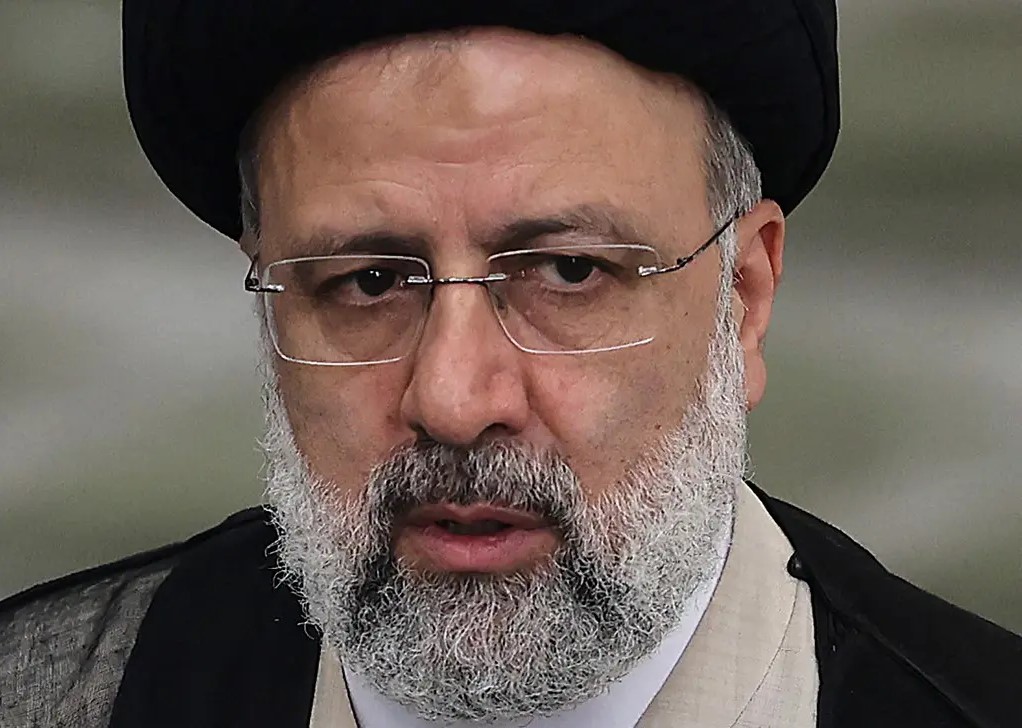November 19, 2021
by Warren L. Nelson

After three months in office, President Raisi has made numerous announcements of his intention to tackle one problem after another—but there is still no major issue for which he has announced a plan or program aimed at solving it.
Raisi has been long on rhetoric saying, we must reduce inflation, we must solve the water shortage, we must generate more electricity. But he has not said how any of those things will be accomplished.
In the face of this inactivity, even many conservatives who enthusiastically supported Raisi in his campaign for the presidency have become unhappy. There is much grumbling, but so far no one has spoken out publicly to complain that the new administration isn’t really doing anything.
One problem may be that the new president has no real experience of governing. He has spent almost his entire career in the law, as either a prosecutor or judge. His position in the three years before he became president was chairman of the Judicial branch of the government.
His speeches emphasize that he has no problem recognizing problems. But they show no ability to go beyond that and frame solutions beyond urging the public to work harder.
For example, Raisi said November 4, “The way out of the water shortage that has arisen due to the reduction of rainfall is to create a mechanism for optimal use of drinking water and agricultural water in the country and the government supports addressing people’s concerns in this regard.” But all he gave was an expression of concern; he did not announce any plan for the optimal use of water.
Raisi’s one initiative has been to travel from one end of the country to the other listening to local officials describe their problems. This appears to many to be a copy of President Mahmud Ahmadi-nejad’s monthly presidential trips to one province after another. But those trips were preceded by considerable planning and had Ahmadi-nejad meeting in each city with officials to make decisions on how each problem would be addressed.
Critics have pointed out that Raisi’s trips to the provinces are not preceded by much planning and appear to be more tourist trips than anything else.
Raisi has been quick to appear on the scene and express concern. Four weeks after a minor earthquake in Andika, Khuzestan province, Raisi was in the city, followed by a bevy of photographers. But aside from the photo op, it wasn’t clear what the visit accomplished. Days earlier, just after a cyberattack disabled gasoline pumps all over the country, Raisi visited a Tehran service station and chatted with the staff. This produced a photo of Raisi standing by a gasoline pump, but nothing else.
A number of senior clerics have grumbled publicly. Ayatollah Sadeq Larijani, chairman of the Expediency Council, complained at the end of October that many foodstuffs are scarce and prices are constantly rising. He said the government should be thinking of a quick solution for families that cannot afford to buy meat or fruit. But he stopped short of directly criticizing Raisi for doing nothing in his first 100 days.
At a cabinet meeting October 31, Raisi noted the stagnant stock market and told the ministers, “You should think of a plan to calm this market so that people and investors do not have concerns.”
Hossein Haqgou, an economist, recently complained bitterly about officials (not Raisi specifically) who propose boosting production of articles they have no control over. In an article in the daily Ta’adol, he pointed to the multitude of officials who speak of building more air conditioners or producing more chicken.
“The people responsible for making decisions on increasing or decreasing the production of these items are the owners of these enterprises…. No one else may make promises over which they don’t hold legitimate rights or ownership,” he wrote.
He concluded: “There is no place for outdated, broken economic goal-setting by government in today’s world. But seemingly government officials have yet to acknowledge this fact.”
He went on to list the kinds of things government should do so that the private sector could produce more such as guaranteeing ownership rights, providing stability in contracts and building infrastructure such as airports, roads and electricity generating plants.
His article was published one day before the head of the government’s Trade Promotion Organization said he has plans to double the country’s non-oil exports over the next four years.
Iran International, a news outlet based in Britain, recently carped, “Most of Raisi’s economic officials are either former military officers or are functionaries of various types, none with high state-level or private economic experience.”
Even on the greatest problem facing the new administration, the coronavirus epidemic, the Raisi Administration has shown little initiative. Raisi has continued the shift from relying on domestically-made vaccines, which cannot be produced swiftly, to importing foreign vaccines, a shift started under President Rohani. Meanwhile, health experts have warned repeatedly that the country is facing a probable sixth wave of the epidemic this winter. Raisi’s solution, enunciated October 27, was, “We must take the necessary measures and preparations to prevent a sixth wave.”
One positive sign is that Raisi seems to recognize that inactivity is a problem for his administration. According to the Khabar Online conservative website, on October 19, Raisi issued a directive to three ministries “to give pace of mind to the people about their livelihood and to put an end to inaction within the government and to sort out the instability in the markets.”